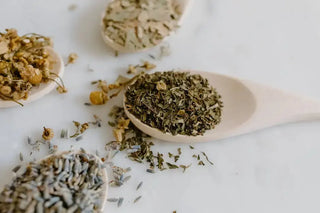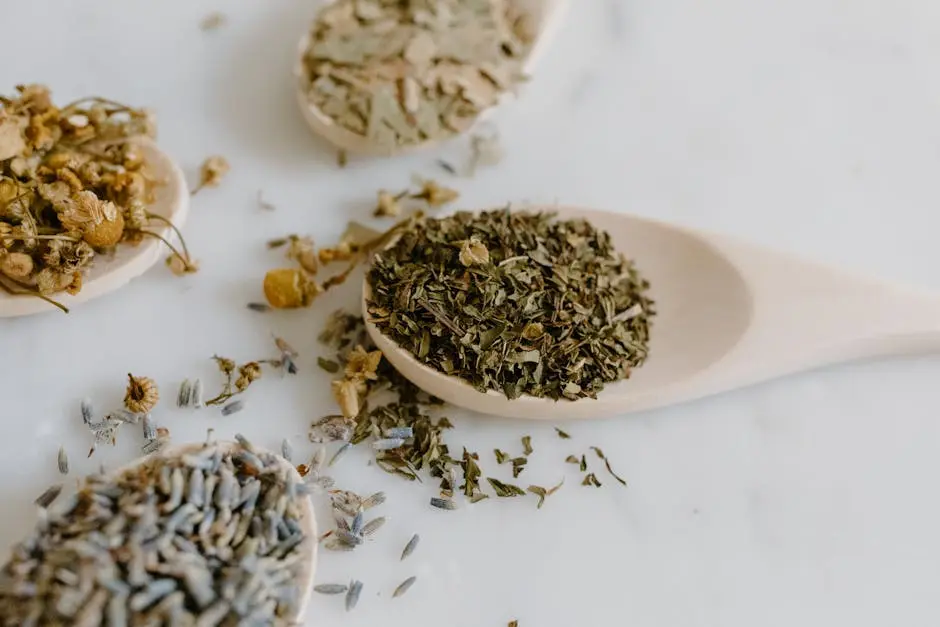Looking for natural ways to support your heart health? You’re in the right place! Our hearts work tirelessly every day, and it’s important to give them the care they deserve. In this list, we’ll explore various natural remedies that can enhance cardiovascular support, all with the goal of keeping your heart happy and healthy.
1. The Power of Omega Rich Fish
Fish rich in omega-3 fatty acids, such as salmon and mackerel, are known for their remarkable heart-healthy benefits. These fatty acids help reduce inflammation and improve cardiovascular function by decreasing triglycerides and lowering blood pressure. Including omega-rich fish in your diet twice a week can provide your heart with a solid foundation for better health. Additionally, the benefits of omega-3s extend beyond heart health, as they contribute to brain health and can improve mood. For those who are not big fish eaters, supplements can be a good alternative to ensure you receive these essential nutrients.
2. The Benefits of Dark Leafy Greens
Dark leafy greens such as spinach, kale, and Swiss chard are nutritional powerhouses. Loaded with vitamins A, C, K, and a variety of B vitamins, these greens offer significant protection against heart disease. They’re high in fiber and low in calories, making them ideal for maintaining a healthy weight, which further contributes to heart health. Furthermore, the nitrates in these greens can help in the reduction of hypertension and enhance blood vessel function, providing a comprehensive approach to cardiovascular support.
Incorporating these greens into your daily meals can be simple yet rewarding. Start your day with a smoothie blending kale with fruits like bananas and berries, which complement its slightly bitter flavor. At lunch, a spinach salad with lemon juice and olive oil provides a refreshing meal packed with heart-loving nutrients. For dinner, try a side of sautéed Swiss chard seasoned with garlic for an antioxidant-rich dish. These choices not only enhance heart health but also energize you with essential vitamins and minerals, giving you more vitality throughout the day.
3. Nurturing with Nuts and Seeds
Nuts and seeds such as almonds, walnuts, and flaxseeds are nutrient-dense foods that support cardiovascular wellness. These small but mighty foods are filled with healthy fats, particularly monounsaturated fats, and omega-3 fatty acids that are pivotal in lowering bad LDL cholesterol levels. With a combination of fiber and plant-based proteins, they assist in controlling blood pressure and reduce inflammation, two key components in supporting heart health. Regular consumption of nuts has been linked to a reduced risk of developing heart disease over time.
Incorporating nuts and seeds into your diet can be both tasty and versatile. Almonds make for a heart-healthy snack to keep you energized through the day, while flaxseeds can be easily added to smoothies or oatmeal for added fiber and omega-3s. Walnuts can be the star in a heart-friendly trail mix or added to salads for a crunchy texture. The key is to strike a balance—consuming a handful of these each day without overindulging, as they are also calorie-dense. This moderation ensures you garner all the benefits without packing on extra calories.
4. How Garlic Supports Heart Health
Garlic, celebrated for its culinary and medicinal uses, is a natural remedy that significantly enhances cardiovascular health. Its active compounds, particularly allicin, have been shown to lower blood pressure by relaxing the blood vessels and improving blood flow. Regular consumption of garlic not only aids in reducing arterial plaque but also boosts nitric oxide levels, which play a critical role in cardiovascular protection by preventing vascular calcification.
Incorporating garlic into your diet is simple and flavorful. Whether you add crushed garlic to your sautés, incorporate it into dressings, or enjoy it roasted as part of your main dishes, the benefits are extensive. Some even opt for garlic supplements as a convenient way to ensure consistent intake, especially if you prefer a less pungent approach. With its versatility and pronounced health benefits, garlic is an undeniable ally in the pursuit of a healthier heart.
5. The Healing Properties of Olive Oil
Extra virgin olive oil is a cornerstone of the Mediterranean diet, renowned for its profound heart-health advantages. It’s rich in monounsaturated fats and antioxidants like vitamin E, which actively protect the heart by reducing inflammation and oxidation in the bloodstream. Studies have shown that regular use of olive oil is linked to reduced risks of cardiovascular diseases, making it an excellent choice for those looking to improve heart health naturally.
The multiple uses of olive oil in cooking and salad dressings provide an easy way to include this heart-healthy oil in your meals. Opt for extra virgin olive oil in place of butter or other saturated fats when preparing your dishes. Drizzling it over cooked vegetables or using it as a base for vinaigrettes elevates flavors while supporting cardiovascular health. Embrace olive oil not only for its heart benefits but also for its role in enhancing the taste and aroma of your favorite meals.
6. Herbal Teas for Heart Health
Herbal teas have a cherished place in a heart-friendly lifestyle. Chamomile, hibiscus, and green teas are esteemed for their antioxidant properties, aiding in reducing blood pressure and improving heart function. They offer a soothing and healthful alternative to sugary beverages, contributing to improved cardiovascular outcomes. Hibiscus tea, in particular, has been found effective in lowering systolic and diastolic blood pressure in those with hypertension.
Incorporating these teas into your daily routine can be a delightful experience. Whether you start your morning with a calming cup of chamomile or enjoy hibiscus tea in the afternoon, these teas can provide a relaxing respite while fortifying your heart. Green tea offers a subtle caffeine boost, which is perfect for a midday lift. Each sip supports your heart and provides a plethora of other health benefits, making herbal teas an essential component of a heart-supportive diet.
7. The Role of Regular Physical Activity
Consistent exercise is a natural powerhouse when it comes to boosting heart health. Engaging in activities like walking, cycling, swimming, or yoga can drastically improve circulation, strengthen the heart muscle, and enhance cardiovascular endurance. Regular physical activity helps maintain a healthy weight, reduces stress, and contributes to a lower risk of developing heart disease. It’s recommended to aim for at least 150 minutes of moderate aerobic exercise each week, which can easily be broken down into shorter sessions.
Find activities you enjoy to make exercise a fun and sustainable part of your routine. Walking in a park, joining a dance class, or cycling with friends can make physical activity more enjoyable. Exercise not only supports your heart but also improves mental well-being, providing a holistic approach to overall health. The integration of exercise into daily life is one of the most effective strategies you can adopt for long-term cardiovascular health.



